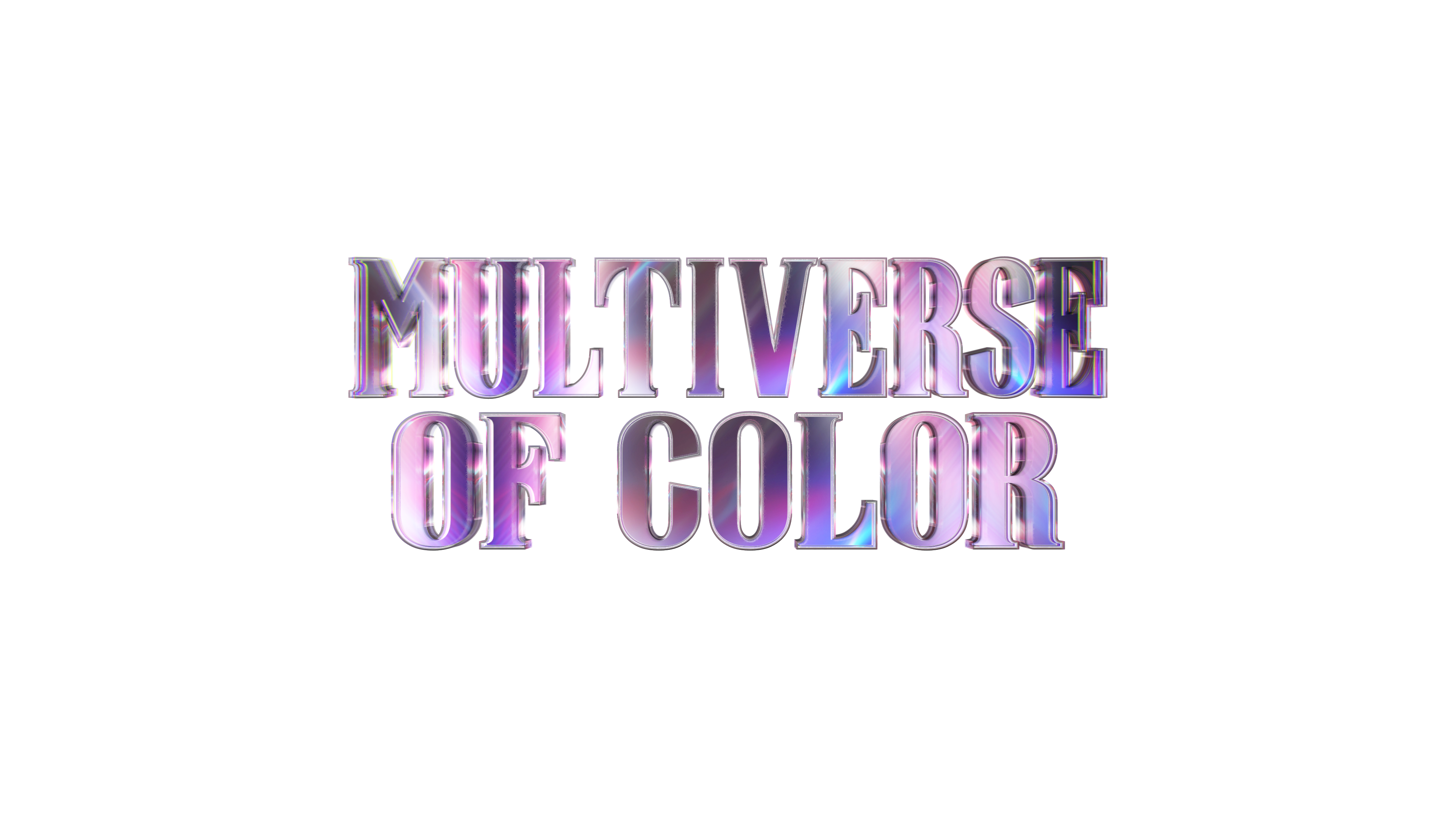Women-led ‘raunchy’ comedies are having a moment. Between the positive reception to Jennifer Lawrence comedy No Hard Feelings and the subject of this review, Joy Ride, there is every possibility of this moment snowballing. Cinema needs this snowball.
Disclaimer: The following review contains mild plot spoilers for Joy Ride.

Joy Ride sees a group of four friends assembled for a wild adventure travelling in China. There’s drinking, drugs (unintentionally), an impromptu music video, self-discovery, and plenty of salacious jokes along the way.
Let’s meet our band of loveable misfits.

Name: Audrey (she/her)
Occupation: Lawyer
Description: Adopted from China by white parents, Audrey hopes to secure a big promotion at work by closing a big business deal in China.

Name: Lolo (she/her)
Occupation: Sex-positive artist
Description: Audrey’s best friend since childhood, as the pair bonded due to being the only Asians at their school. Lolo accompanies Audrey to China, as Audrey needs help with translation (both linguistically and culturally).

Name: Kat (she/her)
Occupation: Actress
Description: A former wild child in university turned good-girl leading lady in hit Chinese period dramas. Kat was Audrey’s roommate in university and seeks to further help Audrey on her business trip using both her knowledge of the language/culture and her celebrity status.

Name: Deadeye (they/them)
Occupation: Army! (The BTS kind)
Description: Lolo’s cousin, eccentric in the most entertaining, charming, and endearing way. Though at first Deadeye seems to be in the story purely for comedic relief, there is eventually more dimension and nuance revealed to give the audience an emotional insight into them.

Joy Ride doesn’t only bring together an ensemble of Asian performers in both lead and supporting roles. The film’s directing, screenwriting, editing, cinematography, music, production design, and costume design are some of the jobs all held by Asian professionals.
Gone are the days of Crazy Rich Asians marketing where the recurring point of feedback was that the homogenised Asian collective needed the film to succeed to ensure more Asian-led films would be green-lit by studios. The extensive diversity behind the camera, and the lack of bombarding the general audience with this information demonstrates how much has changed over the last five years.

Much of the Joy Ride marketing has focused on raunchy humour and bombastic visuals. The trailers are full of flashy editing and memorable punchlines. However, beneath that outlandish epidermis lies an earnest exploration of identity, belonging, and the deep love found in a friendship group. Though many comparisons have been made to other raunchy comedies from the 2000s and early 2010s, a better point of comparison is the heartfelt teen comedies and rom coms millennials hold near and dear to their hearts.
My early screening was full of adults (millennials and older) laughing out loud to such an extent that more than once, I missed lines of dialogue that couldn’t be heard over the sound of the raucous response. What none of us expected was the film’s turn towards a serious emotional conflict and catharsis in the final act.

The third act is ultimately what solidifies the film as one of the year’s best releases to date. This is what allows the audience to emotionally connect with the characters, and buy into the love they have for one another. The ‘raunchy comedy’ label might get people to buy tickets, but perfectly executing raw emotional vulnerability is what gives a truly great comedy staying-power.
Watch my Joy Ride review in video form here:


